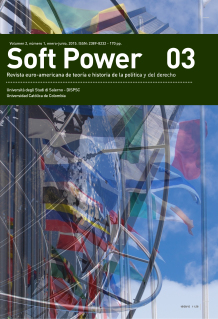Abstract
This paper argues that the key to understanding question of freedom in Foucault lies in the problematic of ‘voluntary servitude’, whose enigmatic condition was first explored in the sixteenth century by Étienne de La Boétie. The essay, De la Servitude Volontaire, comes to grips with what is perhaps the most intractable enigmas in politics: why people freely submit to their own domination. Starting from the idea that freedom, so far from signifying the absence of power, is only intelligible and realizable through its relation to power, the author shows that Foucault is concerned with that which binds us to power at the level of our subjectivities; and, with the other side of this, how we are able to resist, contest and problematize this attachment, and how we are able to engage in practices of self-constitution which are, for him, ‘practices of freedom’.











